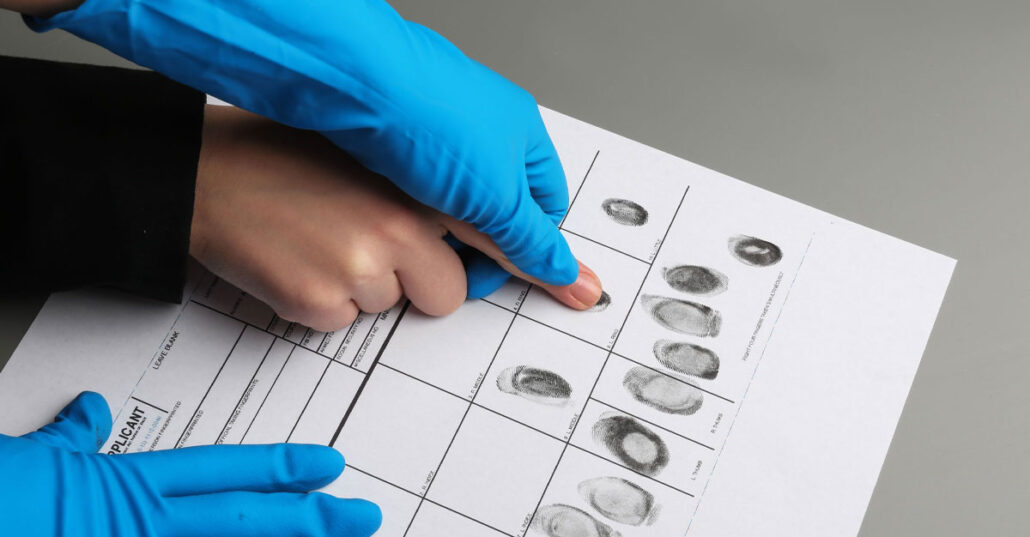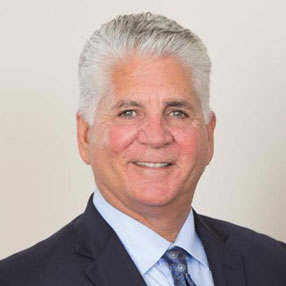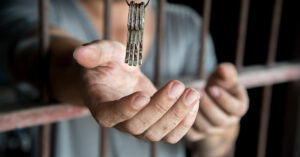As any criminal defense attorney worth his salt knows, getting charged with a crime for the first time is much more than just a sobering experience. It can follow someone for the rest of his or her life. It’s important that you have the right guidance when charged with a particular crime the first time so you know what to expect moving forward.
What to Do After Your First Arrest?
If you have never been arrested for a crime (and hopefully never will get arrested again), your first criminal offense needs to be handled correctly from the beginning. This is where experience matters. An experienced criminal defense lawyer will review the file, take good intake notes from the accused, reach out to witnesses and then the prosecutor. When speaking with the prosecutor, your experienced criminal defense attorney will explain why the charges should be dropped or reduced to a lesser charge. Usually, the best chance to win is at the intake level.
Unless the charges are dropped, an intake lawyer at the state attorney’s office will review the file. After formal charges are filed a defense attorney will request police reports, witness statements, photographs, and other evidence. After receiving this information, your criminal defense attorney may take depositions (statements from witnesses), request that evidence be suppressed or thrown out, and request that the case be dismissed or the charges reduced. If the attorney can not get the case dropped or reduced, the attorney may attempt to negotiate a plea bargain or another resolution or proceed to trial.
The First Time Is Never a Charm When It Comes to a Criminal Conviction.
Getting charged with a crime for the first time is much more than just a sobering experience. It can follow someone for the rest of his or her life. It’s important that you have the right guidance when charged with a crime the first time so you know what to expect moving forward. Experience matters. How the case is resolved matters.
There Are Certain Hearings That Must Happen in Every Case.
Regardless of whether a defendant is charged with a misdemeanor marijuana case or a felony aggravated battery case, everyone must go through a similar procedure. For misdemeanor cases, you may be arraigned at your very first court date, for felony cases, there are a few additional steps before you can be arraigned.
The Case Formally Begins With the Filing of the Complaint With the Court.
Unless otherwise provided by law, a prosecution shall be commenced by filing a complaint with a magistrate. A copy of the complaint will be supplied to the state attorney of the county with a copy furnished to the defendant or said defendant’s attorney upon request.
What Happens at the Arraignment Hearing?
Arraignments are conducted in open court and consist of reading the complaint, information, or indictment to the defendant or stating to the defendant the substance of the charge and calling upon the defendant to plead thereto. If the crime charged is a felony, the defendant must be personally present for arraignment; if a misdemeanor, with the approval of the court, the defendant may appear by counsel. The court may direct any officer who has custody of the defendant to bring the defendant before the court to be arraigned.
So How Does Arraignment Really Work?
At every arraignment, a couple of things will happen:
- You will be present unless you hired a lawyer and he waived your appearance. (Unless it is a misdemeanor charge and the judge excuses your presence)
- The judge will ask you if you can afford a lawyer and may appoint one to work on your case.
- The judge will read the charges out loud to you. (You can waive the reading if you choose)
- The judge will ask you how you wish to plea to the charges.
- You will get a copy of the complaint. (Document filed listing your charges)
- The judge will give you a new court date to keep the case moving.
- The judge will set a bond or hear arguments on bond and bond conditions.
It’s Important to Have Experience on Your Side!
At Fernandez & , the firm’s attorneys have significant experience in criminal defense. Daniel J. Fernandez has conducted hundreds of trials in his more than 30 years as a criminal defense attorney. He started his career as a state prosecutor and became chief of the Narcotics division before launching his own practice in 1985. also has experience on both sides of the courtroom. Having worked as a state prosecutor gave him more trial experience than most attorneys achieve in a lifetime. Together, they have more than 500 trials between them. You can reach them 24/7 by calling (813) 229-5353. Hablan español.






